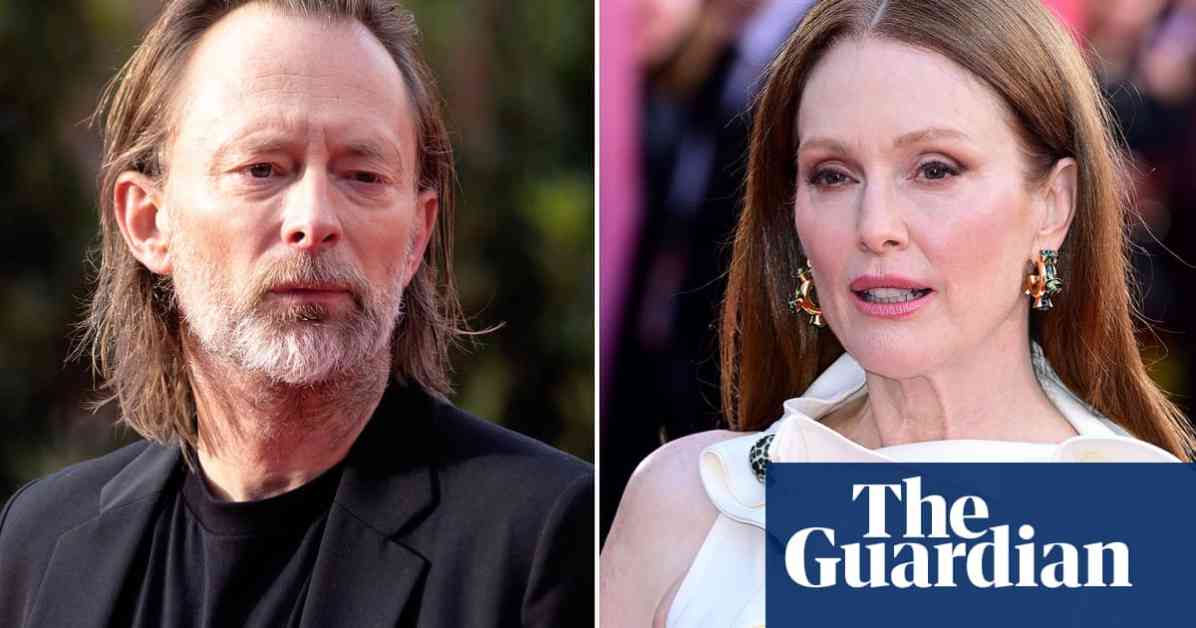Thom Yorke, Julianne Moore, and Björn Ulvaeus from Abba are just a few of the 10,500 signatories who have come together to issue a warning to artificial intelligence companies. These creatives are concerned about the unlicensed use of their work, which they believe poses a significant threat to their livelihoods.
The statement emphasizes that using creative works without permission to train generative AI models like ChatGPT is unjust and must not be allowed. It has garnered support from thousands of professionals in various creative fields, including literature, music, film, theatre, and television. Notable names such as Kazuo Ishiguro, Robert Smith from The Cure, and Kevin Bacon have lent their backing to the cause.
Ed Newton-Rex, the organizer of the letter, expressed deep concerns about the impact of AI companies taking copyrighted content for free to train their models. He highlighted the importance of respecting the intellectual property of artists, writers, and musicians, stating that the work used as training data is a product of human creativity.
The issue has escalated to legal battles, with authors like John Grisham and Jodi Picoult suing AI developers for copyright infringement. Major record labels such as Sony Music and Universal Music Group are also taking legal action against AI music creators. The concern is not limited to individuals but extends to industry organizations like the American Federation of Musicians and SAG-AFTRA.
Newton-Rex warned against the UK government’s proposed “opt-out” scheme, which would allow AI firms to scrape content from artists and publishers unless they actively choose to opt out. He argued that most creators are unaware of such schemes and should not bear the burden of opting out of having their work used for AI training. Instead, he suggested implementing an opt-in scheme to protect creators’ rights.
The statement and its widespread support underscore the importance of respecting creative works and ensuring that artists are fairly compensated for their contributions. The involvement of industry organizations and prominent figures from various creative fields highlights the significance of this issue within the creative community. As technology continues to advance, it is crucial to establish guidelines that protect the rights of creators and uphold the value of artistic expression in the digital age.












